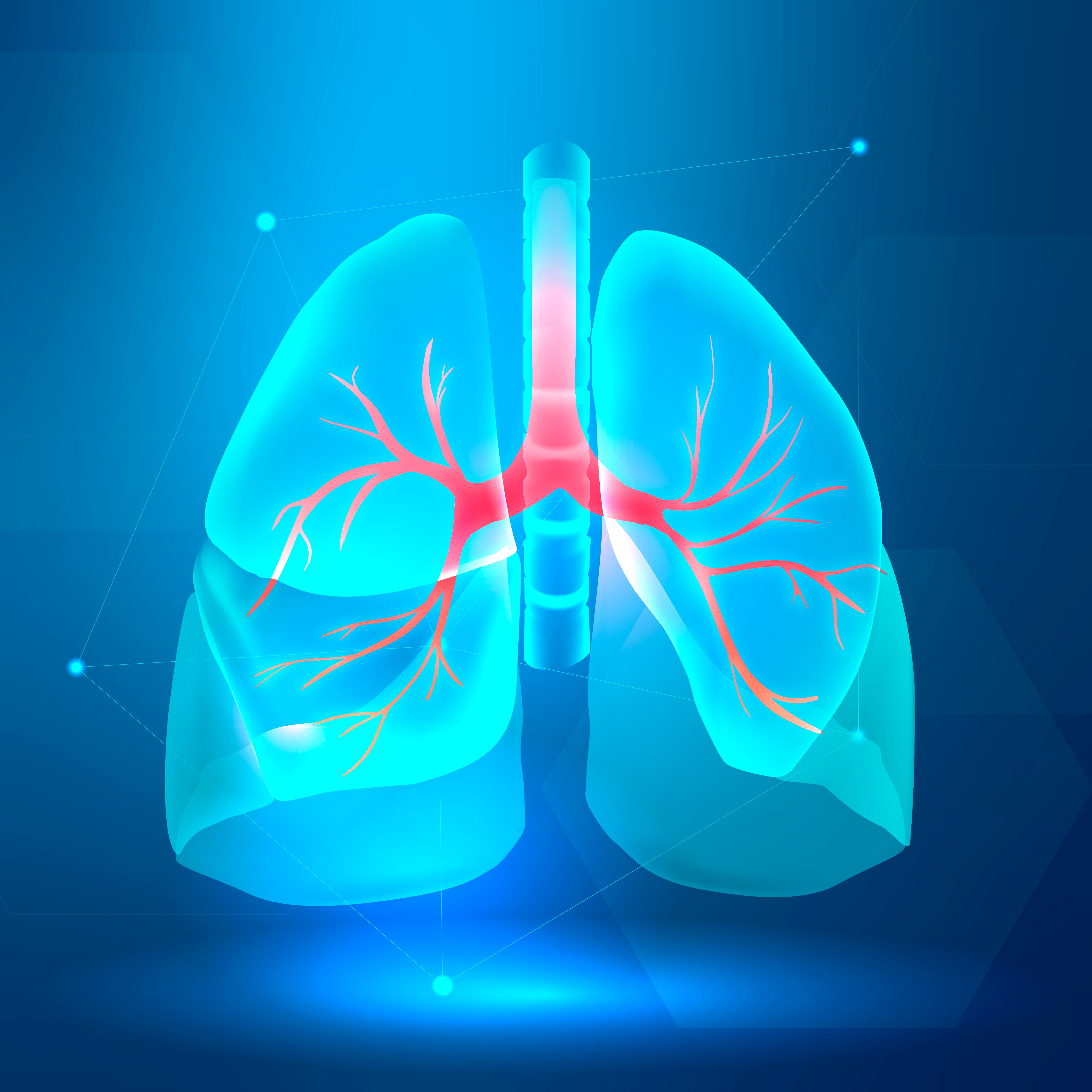JK5G Postbiotics' Impact on Non-Small-Cell Lung Cancer Patients Receiving Immunotherapy

A recent study by Chen et al. from Chongqing University, China highlighted potential benefits of JK5G postbiotics in alleviating immune-related adverse events for non-small-cell lung cancer (NSCLC) patients.
The aim of the study was to evaluate the effects of JK5G postbiotics to regulate imbalanced gut microbiota and its impacts on the efficacy and incidence rate of immune-related adverse events (irAEs) in non-small-cell lung cancer (NSCLC) patients treated with immune checkpoint inhibitors (ICIs).
This randomized, double-blind, placebo-controlled trial was conducted in China and included non-squamous or squamous NSCLC patients without EGFR, ROS1, and ALK alteration, treatment-naive, and stage IIIb-IV. Patients were randomly divided into two groups to receive four cycles (three weeks for each cycle) of programmed cell death-1 (PD-1) plus chemotherapy plus placebo or to receive PD-1 plus chemotherapy plus JK5G postbiotics. The primary endpoint was objective response rate. The secondary endpoints were quality of life, adverse effects, and the 16S DNA sequencing of gut microbiota, blood inflammatory cytokines, and lymphocyte subsets.
Results showed that the JK5G group had better quality of life and nutritional levels, as well as lower depression symptoms than the control group. Moreover, the JK5G group had a lower incidence of anemia, decreased lymphocyte count, decreased appetite, nausea , and asthenia than the control group.
JK5G also attenuated gut microbiota imbalance, accompanied by increased Faecalibacterium, Ruminococcaceae, and fecal butyrate concentration, and diminished Escherichia-Shigella. Furthermore, JK5G administration significantly decreased the levels of pro-inflammatory markers, including TNF-α, IL-2, and C-reactive protein (CRP). Significant increases in CD3+CD4+ T cells and CD4/CD8 ratio were observed in the peripheral blood of JK5G group patients. The enterotype data showed that patients were clustered into Blautia (E1) and Escherichia-Shigella (E2) enterotypes, and JK5G postbiotics intervention might be related to enterotype modulations.
In conclusion the results indicated that JK5G postbiotics might attenuate irAEs, and enhance the quality of life and nutrition levels of advanced NSCLC patients who received ICIs. JK5G postbiotics could also improve the gut microbiota structures and ameliorate the tumor microenvironment and inflammation.
Image source: rawpixel.com on Freepik
Targeting Microbiota 2023 Annual Meeting will dedicate part of the first day on October 17 to a symposium on Probiotics and Microbiota Supplements Applications in Diseases. Learn more.
Targeting Microbiota 2023 Congress
October 17-19, 2023
Website | LinkedIn | Facebook
























































